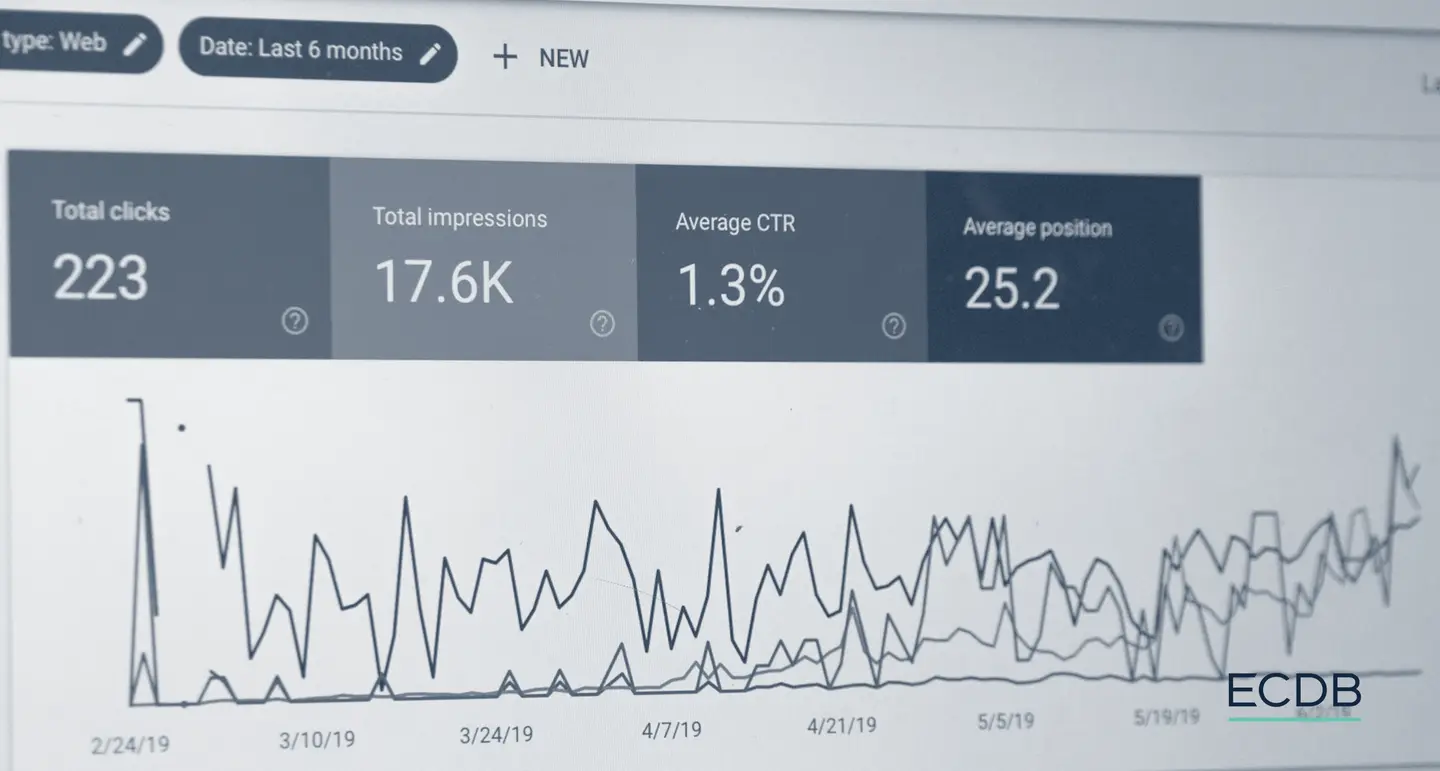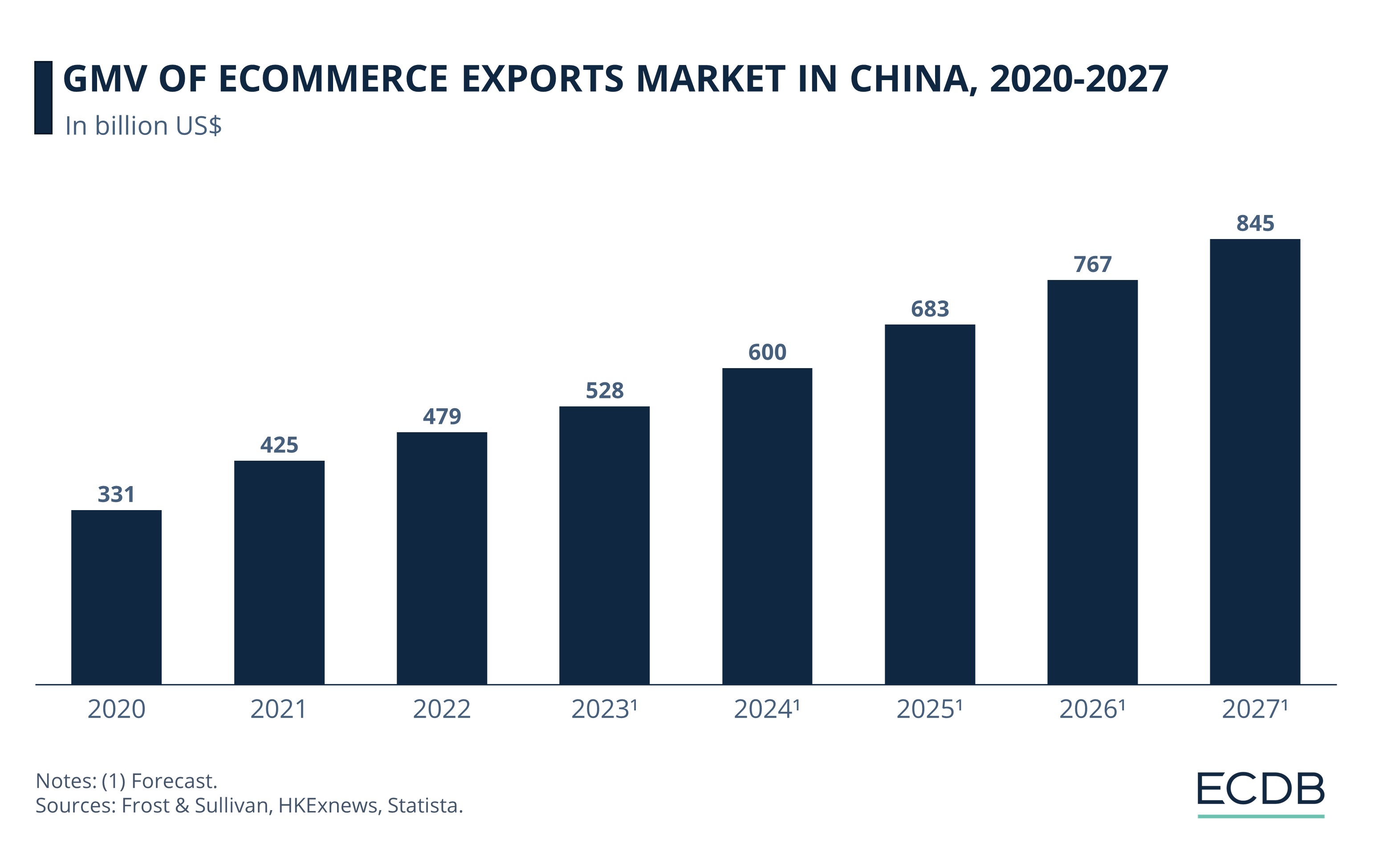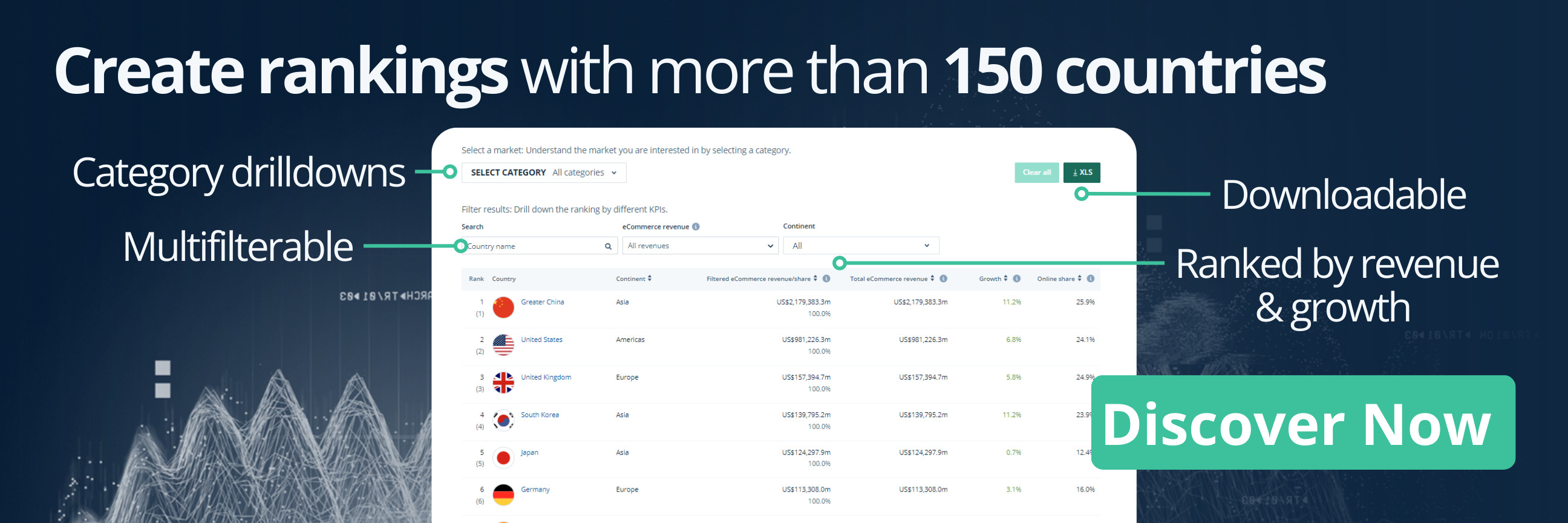eCommerce: Investments in China
Google Launches Its First Cross-Border eCommerce Acceleration Center in China
Google launches a cross-border eCommerce acceleration center in China to support SMEs setting up an online store.
Article by Nadine Koutsou-Wehling | October 17, 2024Download
Coming soon
Share

Google Launches Center in Xiamen: Key Insights
Cross-Border eCommerce Acceleration Center: On October 15, Google launched the center to help SMEs in China build an online store to sell overseas.
Mutual Benefit: Online stores can offer sellers higher profit margins and increased flexibility. Google, on the other hand, strengthens its access to the Chinese market.
Google recently opened a cross-border eCommerce acceleration center in Xiamen. Launched on October 15, the center is built to support domestic SMEs (small and medium enterprises) in setting up an online store to sell cross-border. The project will be starting in Xiamen and Shenzhen in its first phase.
The offline acceleration center focuses on education, networking and technology setup. China’s eCommerce market is dominated by a few large marketplaces with many sellers. Google’s Acceleration Center aims to provide SMEs in China with the know-how and technology to open their own-branded online stores. Naturally, the benefit to Google is that it establishes itself in the market and collects data.
Reasons to Sell Cross-Border With an Own Online Store
Liang Cuiping is the vice president of Google’s digital marketing solutions in China. He says that in cross-border eCommerce, companies often choose marketplaces to sell their products when they go overseas. As they gain experience and brand recognition, setting up an online store can help them grow their business more organically and earn more.

China exports billions of dollars to foreign markets through eCommerce every year. By 2024, the GMV (gross merchandise volume) of transactions is projected to reach US$600 billion (that is the approximate GDP of Sweden). The steady growth in recent years has been driven by marketplaces in China, as SMEs tend to not run their own online stores.
Stay Informed: Our rankings are continuously updated with the newest data from our models, offering valuable insights to enhance your business strategy. Curious about which stores and companies are at the forefront of eCommerce? Want to know which categories are leading in sales and popularity? Discover the answers in our rankings for companies, stores, and marketplaces. Keep ahead of the competition with ECDB.
According to Google, this is about to change. Whether or not its expertise will have a lasting impact on the way SMEs in China operate in cross-border eCommerce, Google is at the forefront of the development, giving it access to the market in a way that is possible.
Sources: Pandaily – Xiamen Area

Click here for
more relevant insights from
our partner Mastercard.
Related insights
Deep Dive
Older Consumers Drive Growth in the Chinese eCommerce Market
Older Consumers Drive Growth in the Chinese eCommerce Market
Deep Dive
Online Shopping in China: Where Chinese Consumers Shop Online
Online Shopping in China: Where Chinese Consumers Shop Online
Deep Dive
WTO Raised Trade Volume Forecasts for 2024: What It Means for eCommerce
WTO Raised Trade Volume Forecasts for 2024: What It Means for eCommerce
Deep Dive
Temu Revenue: Does Temu Really Lose US$30 per Order?
Temu Revenue: Does Temu Really Lose US$30 per Order?
Deep Dive
American Apparel & Footwear Association (AAFA) Calls Out Social Commerce Platforms for Counterfeiting
American Apparel & Footwear Association (AAFA) Calls Out Social Commerce Platforms for Counterfeiting
Back to main topics
